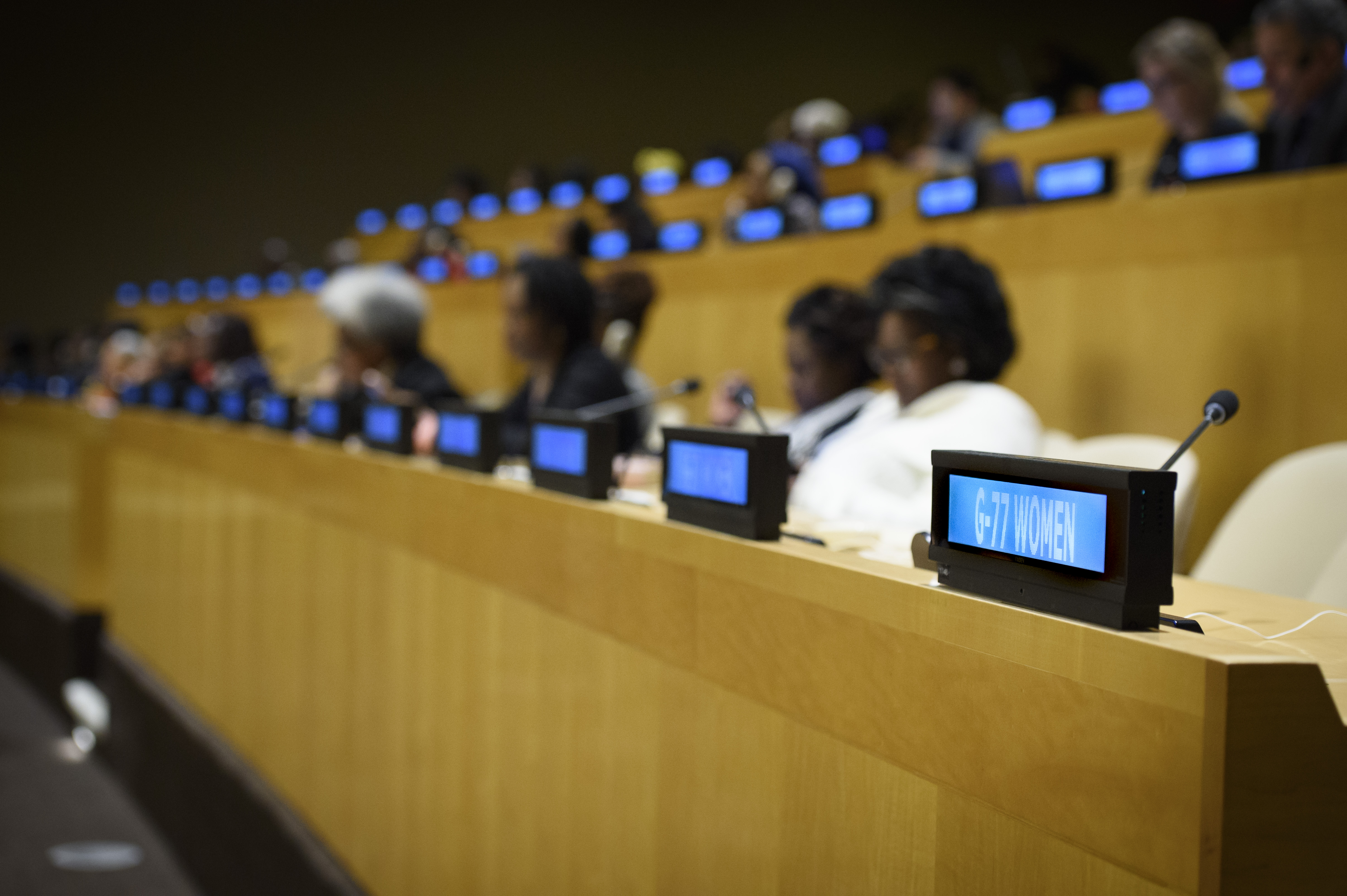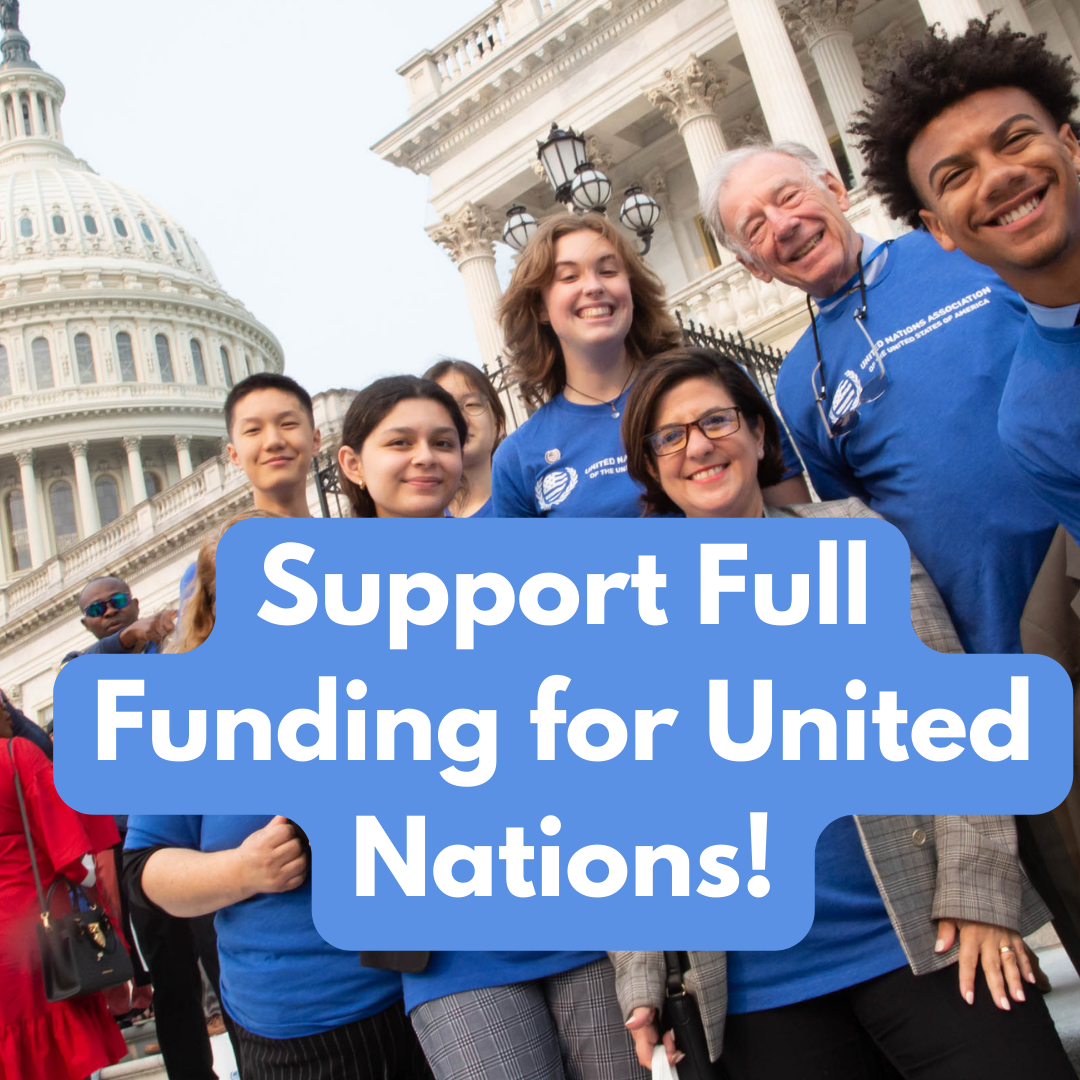“To uplift one half of society, one must lift the whole of society.”
“To uplift one half of society, one must lift the whole of society.” – Elizabeth Nyamayaro, Senior Advisor to the Executive Director of UN Women
61st Session of the Commission on the Status of Women
As previous days, today was filled with interesting conversations regarding unpaid work and fair wages, healthcare accessibility and the impact of communicable diseases on the lives of women and girls, and strategies to combat violence against women and girls. I found two discussions to be of particular interest. The first was a conversation led by Iceland, consistently highlighted for it’s work in gender equality, and HeForShe, an organization dedicated to engaging men and boys in working toward a more gender equal world. We discussed a new innovative tool created by both entities titled The Barbershop Toolbox. This guide was developed to integrate the discussion of gender equality in multiple, comfortable settings frequented by men and boys. The idea is to invite men and boys to be agents of change by engaging in conversations with their close networks and facilitate conversations with other men and boys at spaces they occupy. Other organizations that provide further information on engaging men and boys in addressing gender inequalities include Promundo and the MenEngage Alliance.

The second discussion I found to be interesting and much needed covered the topic of work-life balance. Five distinguished women working in governmental and nonprofit sectors including Ms. Katalin Bogyay, Permanent Representative of Hungary to the UN, Ms. Orsolya Pacsay-Tomassich of the Deputy State Secretary for International and European Affairs of Hungary, Ms. Meg Jones Director for Women’s Economic Empowerment for UN Women, Ms. Judit Polgár Chess Grandmaster and UN Women Global Champion 50-50, and Ms. Veronica Berti of the Andrea Bocelli Foundation came together to lead a candid conversation on policy solutions that help women to better balance their work and family life. One major national policy that helps families is the Hungarian Family Policy. Under this policy, pregnant women have guaranteed work post-pregnancy, are provided flexible work hours until their youngest child is five years old, and are offered a child care allowance package that incentivizes parents to stay home with their child until the age of three while having access to the same work they were engaged in pre-pregnancy. Additionally, Hungary offers a grandmother pension. Women who have completed 40 years of employment are eligible for a full pension so that they can retire and assist in caring for their grandchildren. Hungary has also recently increased the amount of childcare centers in the nation by 25%, opening up more spots for parents that are ready to go back to work. UN Women, with partners at the International Labour Organization, United Nations Development Programme, and Istanbul Women’s Study Center completed a study examining a shift in infrastructure investment. They found that a 1% shift from physical infrastructure investment to social infrastructure investment would create 2.5 more jobs with 73% of those jobs going to women. This shift would offer the opportunity for more women to enter the workforce. I currently live in Maine, a state with a large population of people over the age of 60 and an unstable economy. Policies like these would incentivize younger professionals to come and work and raise their families in our state. Likewise, there is an overwhelming need for an expansion of the field of care workers, which has the potential to provide more jobs for women. There are simple solutions and it is our job as citizens to discuss these policies with our local, state, and national government.





